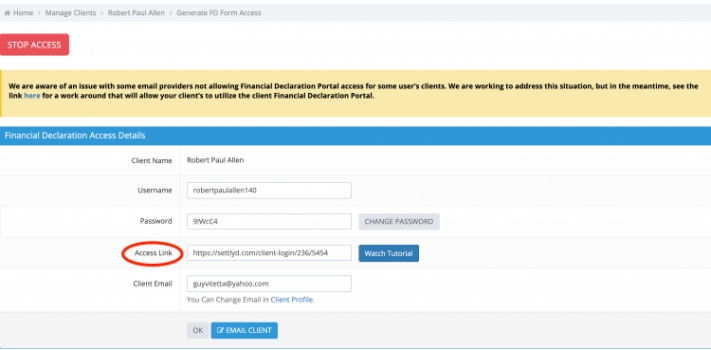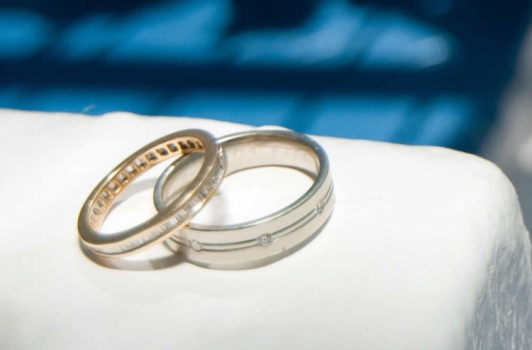
Does the South Carolina Constitution Protect a Woman's Right to an Abortion?

Roe v Wade was not an abortion decision, it was a decision that recognized that the United States Constitution provides an unenumerated right of privacy to United States citizens. Roe said that a woman had a right to privacy in her consultations with her doctor about her personal medical decisions. Apparently, upon this unenumerated right to privacy, Roe v Wade will be overturned after 50 years of established precedent.
South Carolina, on the other hand, specifically enumerates a right to privacy in our state Constitution as follows:
Article 1, section 10 of the South Carolina Constitution state: "The right of the people to be secure in their persons, houses, papers, and effects against unreasonable searches and seizures and unreasonable invasions of privacy shall not be violated, and no warrants shall issue but upon probable cause, supported by oath or affirmation, and particularly describing the place to be searched, the person or thing to be seized, and the information to be obtained".
Our South Carolina Supreme Court has further stated that South Carolina offers greater privacy protection to it's citizens than the United States Constitution. State v. Boston, 433 S.C. 177, 183, 857 S.E.2d 27, 30 (Ct. App. 2021).
If/when Roe is reversed, it will be largely due to the lack of an expressed right to privacy in the Federal Constitution. What will this mean in South Carolina where we have an express right to be free of "unreasonable invasions of privacy".
First, consider how Probable Cause would need to be obtained. What evidence will be required for a magistrate to issue a search or an arrest warrant? Will a statement from a neighbor, family member, or a confidential informant suffice, like in drug cases?
If/when probable cause is obtained, how will an abortion case be proven beyond a reasonable doubt in a court of law? Will the state be permitted to search a woman's "persons, papers, and effects", for evidence that she had an abortion? Will she be forced to undergo a gynecological exam? Would her confidential medical records be provided to the State for investigation? Could her phone calls be tapped, her emails hacked, her mail searched, her family members and neighbors questioned?
On top of this, simply closing the women's health centers, the few that remain, is going to have little effect in ending abortion. Women are already creating secure, sophisticated networks to provide care, support, and the financial assistance to women who will need to end their pregnancies. In this context, probable cause and proof of an abortion will be exceedingly difficult to obtain, especially when our state constitution guarantees us the right to be free from "unreasonable invasions of privacy".




